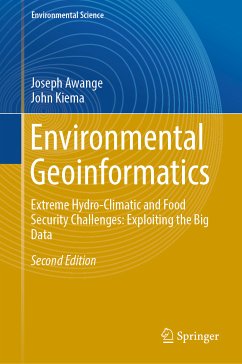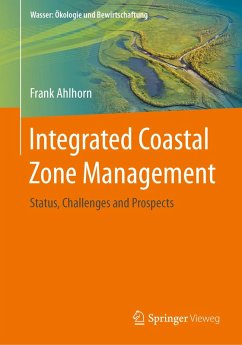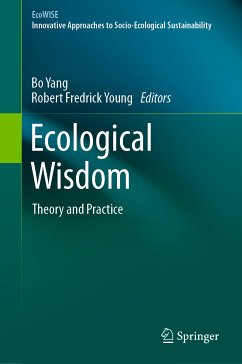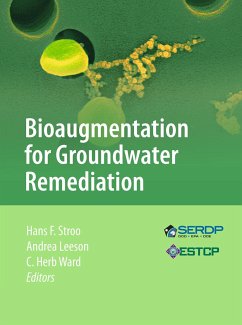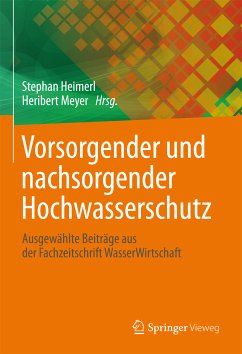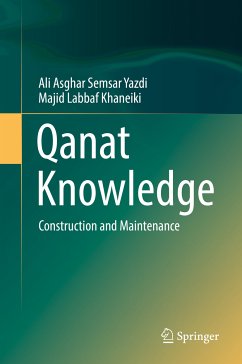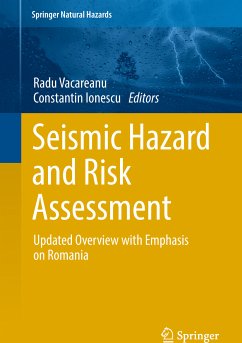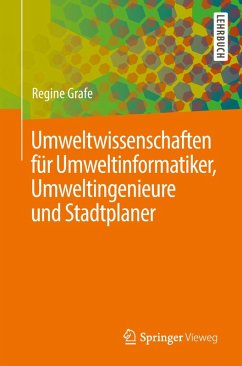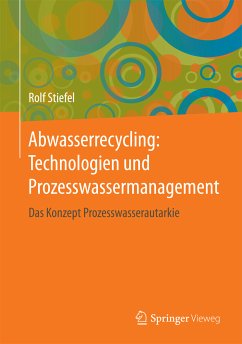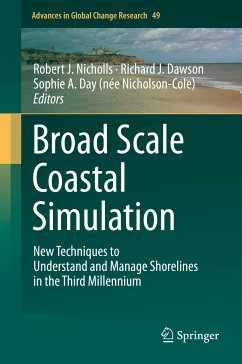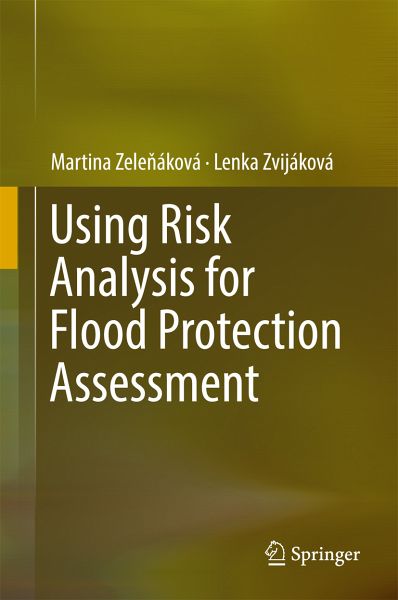
Using Risk Analysis for Flood Protection Assessment (eBook, PDF)
Versandkostenfrei!
Sofort per Download lieferbar
40,95 €
inkl. MwSt.
Weitere Ausgaben:

PAYBACK Punkte
20 °P sammeln!
This book explores the benefits of using risk analysis techniques in the evaluation of flood protection structures, and examines the results of the environmental impact assessment for selected planned flood protection projects. The objective of the book is to propose a methodology for environmental impact assessment in water management. In more detail, flood mitigation measures are investigated with the aim of selecting the best option for the approval process. This methodology is intended to streamline the process of environmental impact assessment for structures in the field of the water ma...
This book explores the benefits of using risk analysis techniques in the evaluation of flood protection structures, and examines the results of the environmental impact assessment for selected planned flood protection projects.
The objective of the book is to propose a methodology for environmental impact assessment in water management. In more detail, flood mitigation measures are investigated with the aim of selecting the best option for the approval process. This methodology is intended to streamline the process of environmental impact assessment for structures in the field of the water management.
The book's environmental impact assessment system for water management structures analyzes the respective risks for different options. The results are intended to support the selection of future projects that pose minimum risks to the environment. Comparison of alternatives and designation of the optimal variant are implemented on the basis of selected criteria that objectively describe the characteristics of the planned alternatives and their respective impacts on the environment.
The proposed Guideline for environmental impact assessment of flood protection objects employs multi-parametric risk analysis, a method intended to not only enhance the transparency and sensitivity of the evaluation process, but also successfully addresses the requirements of environmental impact assessment systems in the European Union. These modifications are intended to improve the outcomes of the environmental impact assessment, but may also be applied to other infrastructure projects. The case study proves that the primary aim - to improve transparency and minimize subjectivity in the environmental impact assessment process specific to flood protection structure projects - is met for the planned project in Kruzlov, Slovakia.
Dieser Download kann aus rechtlichen Gründen nur mit Rechnungsadresse in A, B, BG, CY, CZ, D, DK, EW, E, FIN, F, GR, HR, H, IRL, I, LT, L, LR, M, NL, PL, P, R, S, SLO, SK ausgeliefert werden.



